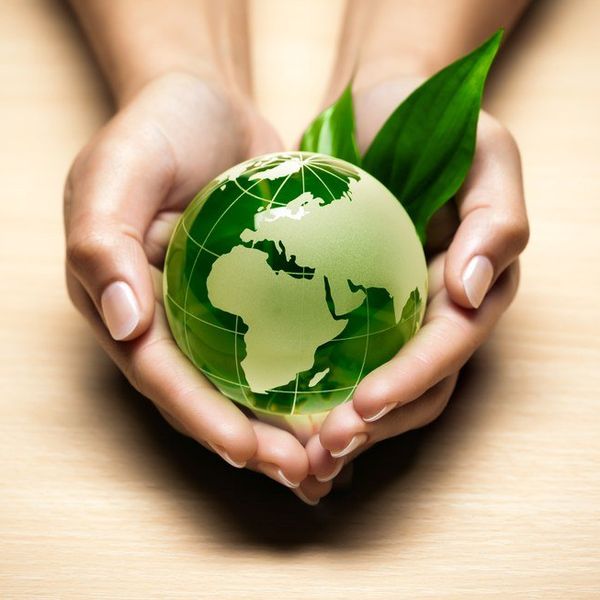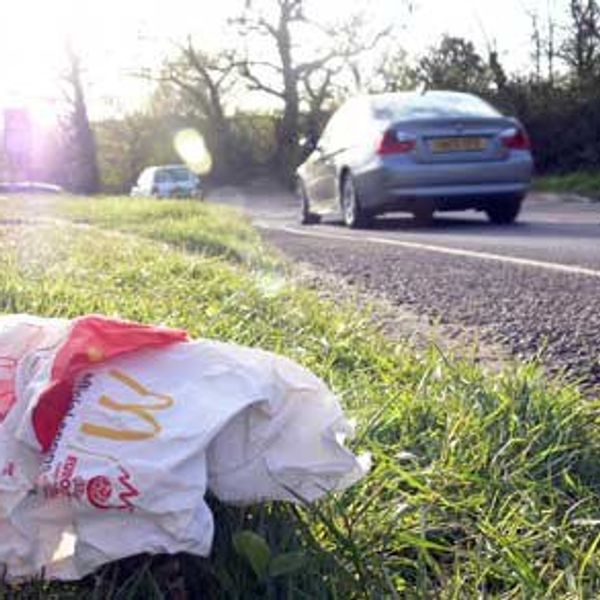During a class I took in January, I studied a variety of philosophical writing, and it became a big interest of mine. I am looking towards a philosophy major because I think it fits quite well into the things I am interested in. I am fascinated that history, science, art, literature, and so many other aspects of life have one common factor – humanity and it’s condition.
Today I will focus on how humanity impacts the environment and vice versa. My studies of Malaysia have really piqued my interest in environmental issues and how humans play an integral part in them. I hope by writing this article I can just plant seeds of thought, and perhaps provide a different perspective or at least some things to think about.
In David Haskell’s “The Forest Unseen,” he writes about a one-square-meter patch of forest that he has analyzed every day for a year. One of his essays about this area of land is centered around a golf ball that had been hit into this patch of land from a nearby golf course. Haskell asks if the things that humans produce, like golf balls, are part of nature. He debates this as he is deciding whether or not to remove the golf ball from his patch of land. He decides not to, because if humans are part of nature, then the things we produce must also be a part of it. Perhaps there will eventually be a fungus that can decompose the plastic, so the elements of it will be remade into energy. Species are adapting to human influence constantly, and after humans are no longer a part of the world’s ecosystem, the species that follow us will use what we left behind and not know an existence without it.
We are a part of nature, so we have a responsibility to it. Humans need to be more compassionate towards nature and the planet. According to Jean-Paul Sarte, we are “condemned to be free.” We are totally responsible for ourselves, but also for all of humanity. Because we are free, we hold responsibility for all of our actions. By shooting the golf ball into the forest, the golfer expected nature to deal with the foreign object even though there is nothing in the current ecosystem that can break it down and use it.
Essentially, all of humanity has done the same thing. Our population has grown rapidly, especially in recent decades. We have grown as a species so rapidly and exponentially, that we have done as the golfer did and expected nature to adjust to our presence. It has, in many ways; however, that may not have been the most responsible way to handle our presence here. We could be a lot less greedy, less ignorant, and more aware of the consequences of our actions.
We are born into the world without our control. We do not determine when we come into this world, but we can decide how we want to act while we are here. We can decide the kinds of people we want to be, and we can decide what impact on the planet we want to leave behind. So now we know that we are responsible for all of humanity. What can we do about it?
Ignorance is a major problem that leads people to make destructive decisions. If the golfer had been educated on why the ecosystem couldn’t handle the golf ball and what effects it would have, perhaps he would have chosen to keep the ball on the green instead of hitting it into the forest.
The pursuit of knowledge is the way to combat environmental destruction and the degradation of our species. As a species, we are still in the exponential growth phase; however, most species that grow exponentially eventually level out or drop significantly in population. This hasn’t happened to us yet, but it may. We may have already overshot the capacity that the world holds for humans, but perhaps we have not yet felt the effects. If we want to continue to survive as a species, we must make scientific and intellectual advancements that can make our impacts more sustainable and less environmentally damaging. We are not done surviving day-to-day as a species. While we may not be hiding from predators each day or going out and hunting for food, we still must make choices every day that either help or harm humanities existence.
Humans are like the golf ball. When there is only one, the environment quickly adapts to its presence. However, when there are billions, the environment cannot keep up and does not have enough time to adapt. We cannot turn this knowledge into self-hatred, as Haskell stresses. This knowledge must be used to make conscientious decisions that positively (or at least less negatively) impact the environment. The pursuit of knowledge is, I think, the only way to understand and make changes to the way we impact the world. If we do not know the consequences, it is almost impossible to make informed decisions.
Take these thoughts presented today and use them to your advantage. Think about the decisions you make that expect nature to adapt to you. Think about small things you can do every day that makes positive changes. Recycle, cut down on the use of plastic bottles and containers, etc. Things that the environment cannot yet handle should not be constantly thrown into it. Keep things like this in mind, and never stop learning about the world and what you can do to preserve it.





















